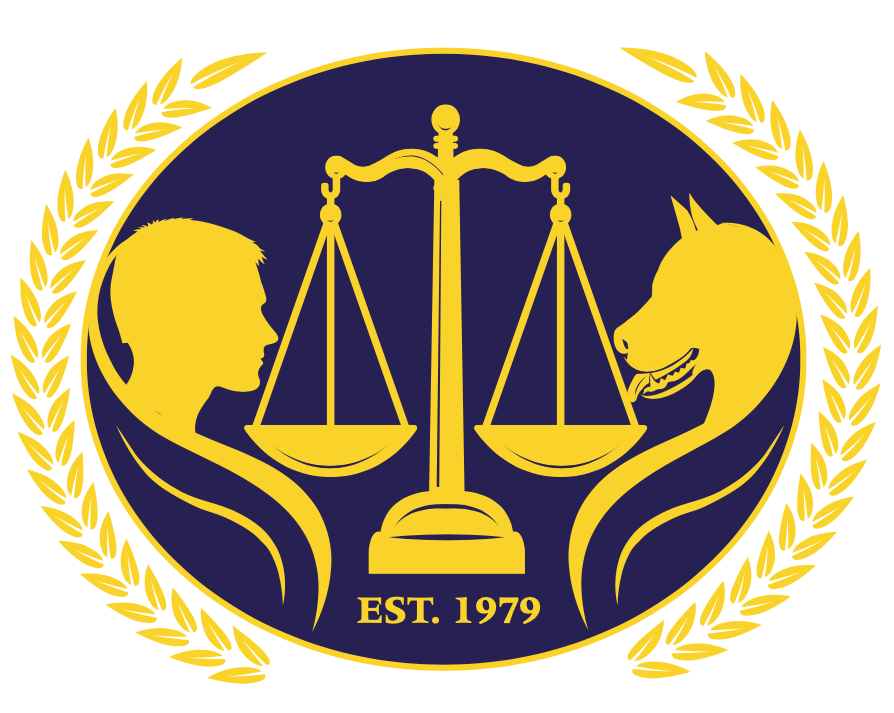California law imposes a strict liability rule in dog bite cases, which means that an owner is always liable for any personal injury caused by his or her dog, even in situations where a dog has not bitten before, explains a lawyer. While owners may be held liable for their dogs under California’s dog bite statute, as well as under negligence rules and the negligence per se doctrine, holding animal control responsible for a dog attack becomes a much more complicated proposition.
Every state has its own laws concerning dog bite cases, including California. Under California Civil Code § 3342, dog owners can be held responsible for any personal injury or damages arising from a dog bite that occurs on public property or when the bite victim is lawfully on private property, explains a lawyer. The owner is liable regardless of the dog’s history, unless it can be proven that the victim provoked the dog to bite.
While the strict liability statute provides broad protection, there are also other legal doctrines under California law that make dog owners liable for the actions of their dogs. For instance, owners may also be held liable based on traditional theories of negligence under California tort laws, as well as under the negligence per se doctrine which automatically presumes that an action which breaks a law is a breach of duty. A case called Delfino v. Sloan even found that breaking a leash law could be grounds for a negligence per se action.
Animal Control Responsibility for Dog Attacks
While California takes a strict stance against owners in its dog bite laws, liability is generally imposed only against dog owners or handlers. There are several significant challenges a California resident would face in holding the Department of Animal Services responsible for the personal injury and damage sustained from a dog attack, explains a lawyer.
California, like most states, offers protection in the form of governmental immunity, which insulates government workers from personal liability in California Government Code § 8655 and government entities from liability in California Government Code § 815. Further, California Gov Code § 846 makes clear that “Neither a public entity nor a public employee is liable for injury caused by the failure to make an arrest or by the failure to retain an arrested person in custody.” Failing to declare a dog dangerous could be analogized to failing to arrest or retain an arrested individual.
While government immunity makes it more difficult to file a civil lawsuit against government entities, it is not impossible to do so. The government may waive sovereign immunity and cannot use the doctrine to simply absolve government agencies of all potential claims when a legitimate governmental obligation to protect its citizens was breached. Pierce County, Washington, for instance, also has governmental immunity rules and Animal Control there was subject to suit and found liable.
In 2011, the victim of a pit bull attack sued Pierce County after two pit bulls came into her home and attacked while she was sleeping. Pierce County Animal Control had visited the dogs house around a dozen times before the attack on the victim, 59-year-old Sue Gorman. On at least four of those visits, there was sufficient evidence for animal control to declare the dogs dangerous.
In the Pierce County case animal control was held responsible. In fact, 42 percent of the responsibility for the attack was attributed to animal control, with the remaining 58 percent of responsibility falling on the shoulders of the dogs’ owner. Animal Control was thus 42 percent responsible for paying Gorman’s damages and required to pay $924,000 of the total verdict of $2.2 million, reported The News Tribune.
The PierceCounty case, while perhaps providing hope for California dog bite victims who feel animal control dropped the ball, is not binding precedent in the state of California. The case is also currently being appealed, so may not end up as precedent in WashingtonState either. Regardless of the final outcome, California dog bite victims are likely to continue to collect damages only from dog owners and handlers and will have a hard battle to fight if they wish to impose some responsibility on the agency vested with the task of protecting the public from dangerous dogs.
The Dog Lawyer – Richard Bruce Rosenthal, Esq. National Authority On Animal And Dangerous Dog Law. Give us a call today (718) 261-0200
